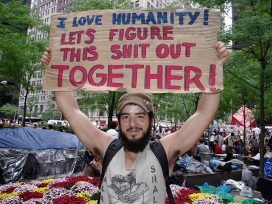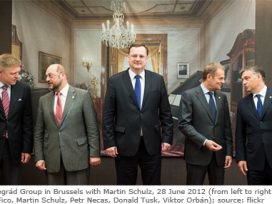Participatory democracy or bust!
Message from the "heartbeat" city
Ayse Kadioglu reads the protests in Istanbul as a sign that people demand more than representative democracy. Indeed, it is the citizens’ search for participatory democracy that, for the first time in years, may mean Turkey really does become a model in its region.




